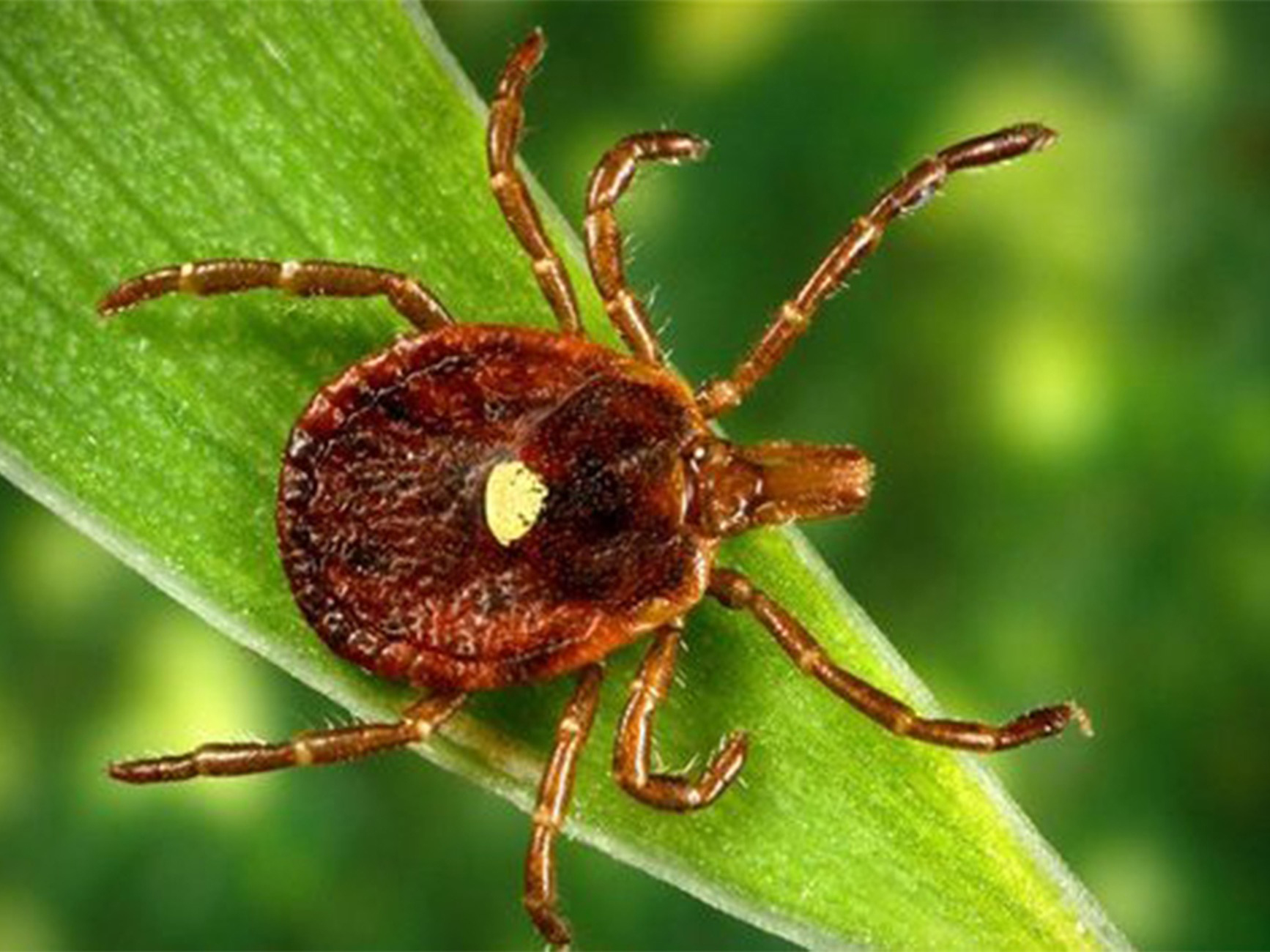If This Doesn’t “Tick You Off” Heartland

Emory University scientists have confirmed that the Heartland virus is circulating in lone star ticks in Georgia.
he journal Emerging Infectious Diseases recently published the findings, which include a genetic analysis of the virus samples, isolated from ticks collected in central Georgia.
The research adds new evidence for how the tick-borne Heartland virus, first identified in Missouri in 2009, may evolve and spread geographically and from one organism to another.
“Heartland is an emerging infectious disease that is not well understood,” says Gonzalo Vazquez-Prokopec, associate professor in Emory’s Department of Environmental Sciences and senior author of the study. “We’re trying to get ahead of this virus by learning everything that we can about it before it potentially becomes a bigger problem.” Vazquez-Prokopec is a leading expert in vector-borne diseases—infections transmitted from one organism to another by the bite of a vector, such as a tick or mosquito.
In the wild
The Heartland virus was discovered in 2009 in northwest Missouri after two local men were hospitalized with high fevers, diarrhea, muscle pains, low counts of white blood cells and platelets, and other symptoms similar to known tick-borne diseases. Researchers soon realized the men were infected with a novel virus, which was christened Heartland and later traced to lone star ticks. Further studies found antibodies to the virus in blood samples from deer and some other wild mammals.
The Centers for Disease Control and Prevention currently recognizes 18 tick-borne diseases in the United States, many of them newly emerging. One of the most well-known tick-borne illnesses is Lyme disease, which in recent decades has grown into the most common vector-borne disease in the country.
Email the Editor







